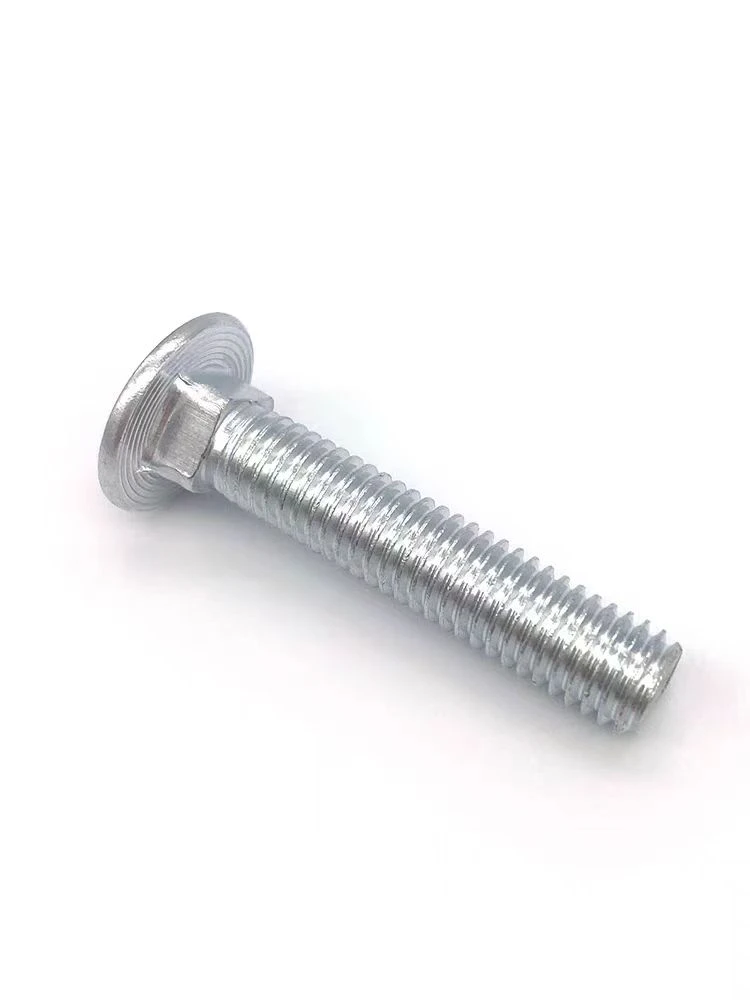

steel fasteners
Dec . 04, 2024 16:31 Back to list
steel fasteners
The Importance of Steel Fasteners in Modern Applications
Steel fasteners are an essential component of countless applications across various industries, ranging from construction and automotive manufacturing to electronics and aerospace. These small yet vital items serve as the backbone of many structures, ensuring that everything from bridges to intricate machinery holds together securely and reliably. This article delves into the significance of steel fasteners, their types, and their diverse applications.
What Are Steel Fasteners?
Steel fasteners are mechanical devices used to hold objects together. They can be threaded or unthreaded, and include items such as bolts, screws, nuts, washers, and rivets. Made primarily from steel—a robust metal known for its high tensile strength and durability—these fasteners are designed to withstand stress and corrosion, ensuring long-lasting performance in various environments.
Types of Steel Fasteners
There are several types of steel fasteners, each tailored for specific applications. Here are some common types
1. Bolts Typically used in conjunction with nuts, bolts are widely used in heavy-duty constructions and machinery. They come in various grades and sizes, allowing for flexibility in design and application.
2. Screws These fasteners are used in a variety of applications and can be self-tapping, meaning they can create their own threads in the material they are being driven into. This feature makes screws ideal for use in wood and plastic.
3. Nuts Paired with bolts, nuts are essential for fastening. They can be hexagonal or square and are available in various sizes and strengths.
4. Washers Often used with bolts and nuts, washers distribute the load of the fastener to minimize damage to the surface material. They also help prevent loosening due to vibration.
5. Rivets Commonly used in metalwork, rivets provide permanent fastening solutions and are essential in applications where welding is impractical. Once installed, they secure two or more pieces of material together without the need for additional components.
Advantages of Steel Fasteners
Steel fasteners offer several advantages that make them the preferred choice in many industries
steel fasteners

1. Strength and Durability Steel is known for its superior strength compared to other materials, allowing for effective load-bearing and minimizing the risk of failure.
2. Corrosion Resistance Many steel fasteners are coated or treated to enhance their resistance to corrosion, which is crucial in harsh environmental conditions.
3. Cost-Effectiveness Steel fasteners are relatively inexpensive compared to other fastening materials, making them a popular choice for manufacturers looking to reduce costs without sacrificing quality.
4. Versatility Steel fasteners come in various sizes, shapes, and grades, making them suitable for a wide range of applications. Their adaptability means they can be used in numerous projects, spanning from residential construction to military applications.
Applications of Steel Fasteners
The wide-ranging applications of steel fasteners reflect their importance in everyday life. Here are some key industries that rely heavily on steel fasteners
1. Construction Steel fasteners are crucial in building structures like bridges, skyscrapers, and residential homes. They ensure the stability and safety of buildings, facilitating the construction of robust frameworks.
2. Automotive In the automotive industry, steel fasteners are used extensively in assembling vehicles. From securing the engine components to the body panels, they play a critical role in vehicle safety and performance.
3. Aerospace The aerospace sector demands lightweight yet strong materials, making steel fasteners vital for assembling aircraft and spacecraft. They help withstand extreme conditions and ensure the safety of passengers and cargo.
4. Electronics In electronics, precision and reliability are paramount. Steel fasteners secure components in devices ranging from computers to smartphones, ensuring they operate effectively.
5. Manufacturing Manufacturers rely on steel fasteners for various machinery and equipment assembly, highlighting their importance in production lines.
Conclusion
In conclusion, steel fasteners are a cornerstone of modern engineering and manufacturing. Their strength, durability, and versatility make them indispensable across multiple industries. As technology advances, the demand for high-quality steel fasteners is likely to grow, further highlighting their crucial role in supporting the infrastructure and devices essential to our daily lives. Whether in a skyscraper soaring into the sky or a car zipping down the road, steel fasteners provide the strength and reliability that form the foundation of our modern world.
Latest news
-
Hot Dip Galvanized Bolts-About LongZe|High Strength, Corrosion Resistance
NewsJul.30,2025
-
High-Strength Hot Dip Galvanized Bolts - Hebei Longze | Corrosion Resistance, Customization
NewsJul.30,2025
-
Hot Dip Galvanized Bolts-Hebei Longze|Corrosion Resistance&High Strength
NewsJul.30,2025
-
High-Strength Hot-Dip Galvanized Bolts-Hebei Longze|Corrosion Resistance&High Strength
NewsJul.30,2025
-
Hot Dip Galvanized Bolts-Hebei Longze|Corrosion Resistance&High Strength
NewsJul.30,2025
-
Hot Dip Galvanized Bolts - Hebei Longze | Corrosion Resistance, High Strength
NewsJul.30,2025

